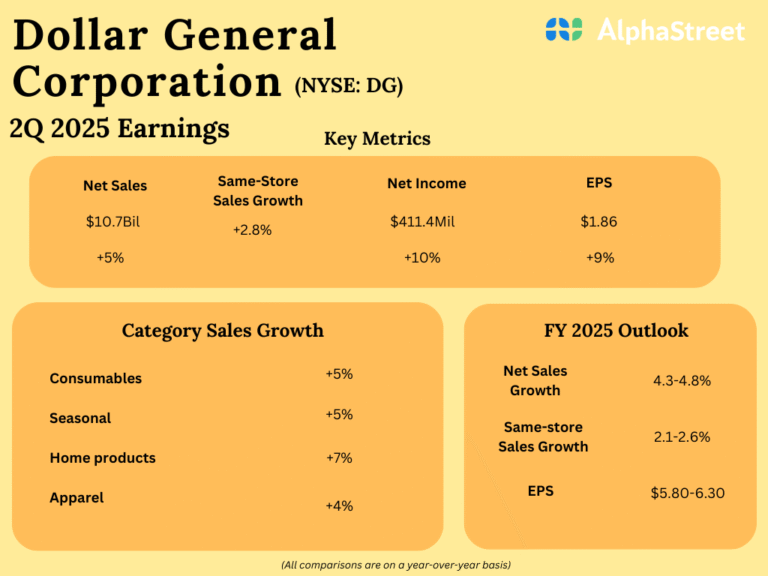[adrotate group="2"]
This week, the Chinese internet buzzed with excitement following the release of DeepSeek’s advanced AI reasoning model. Similar to the way Google’s DeepMind gained recognition in 2017 for defeating China’s top Go player, DeepSeek’s achievement has been hailed as a significant victory for China in the realm of artificial intelligence.
A Chinese tech executive described DeepSeek’s model as a “scientific and technological achievement that shapes our national destiny.” Another remarked on the start-up’s role in the “Chinese Large-Model Technology Avengers Team,” which aims to challenge US dominance in AI.
However, this development has raised concerns among large US technology firms, leading to a decline of $1 trillion in market value for US tech and energy stocks on Monday, despite some recovery later in the week.
While the common perception of China may still depict it as a state-dependent manufacturing hub focusing on low-cost goods like smartphones and electric vehicles, China has increasingly positioned itself as a global powerhouse in software, digital financial services, and AI technology.
DeepSeek’s success challenges traditional stereotypes surrounding Chinese innovation. The company, founded in 2023, aspires to achieve artificial general intelligence (AGI) and operates more like a research lab than a conventional business. Its founder, Liang Wenfeng, manages a leading hedge fund in China, which has allowed DeepSeek to grow without seeking external funding.
In a recent interview, Liang emphasized that DeepSeek values research capability over formal credentials, prioritizing the hiring of young, innovative Chinese-educated researchers. He noted that the culture at DeepSeek fosters exploration and allows team members the freedom to learn from mistakes, suggesting that innovation cannot be rigidly scheduled or taught.
DeepSeek distinguishes itself by utilizing open-source AI models, like Meta’s Llama, rather than the proprietary models used by its competitors. The company focuses primarily on language to develop AGI, believing that human-like reasoning may emerge from advanced language models.
This targeted strategy has enabled DeepSeek to create a sophisticated reasoning model with less computing power and at a lower cost compared to US counterparts. Nonetheless, similar to other tech applications from China, US politicians have swiftly raised concerns regarding security and privacy, and OpenAI has accused DeepSeek of potential intellectual property infringements.
In response to the model, some large US tech firms expressed concern, but many developers have embraced the opportunities that DeepSeek’s technology presents for various applications. As of Monday, DeepSeek was the most downloaded free app on the US Apple App Store.
Interestingly, this situation may allow the US to reap more benefits from DeepSeek’s advancements than China. In recent years, China has limited its private sector growth, resulting in a drop in start-up launches since 2018. Reports indicate a 37 percent reduction in venture capital funding in China to $40.2 billion last year, contrasting with a significant increase in the US.
DeepSeek’s success has brought attention to the competitive landscape in tech, potentially spurring wider adoption of AI tools. While the latest developments may suggest a shift in innovation dynamics from the US to China, the long-term implications of this trend remain to be seen.
photo credit: www.ft.com
[adrotate group="2"]





